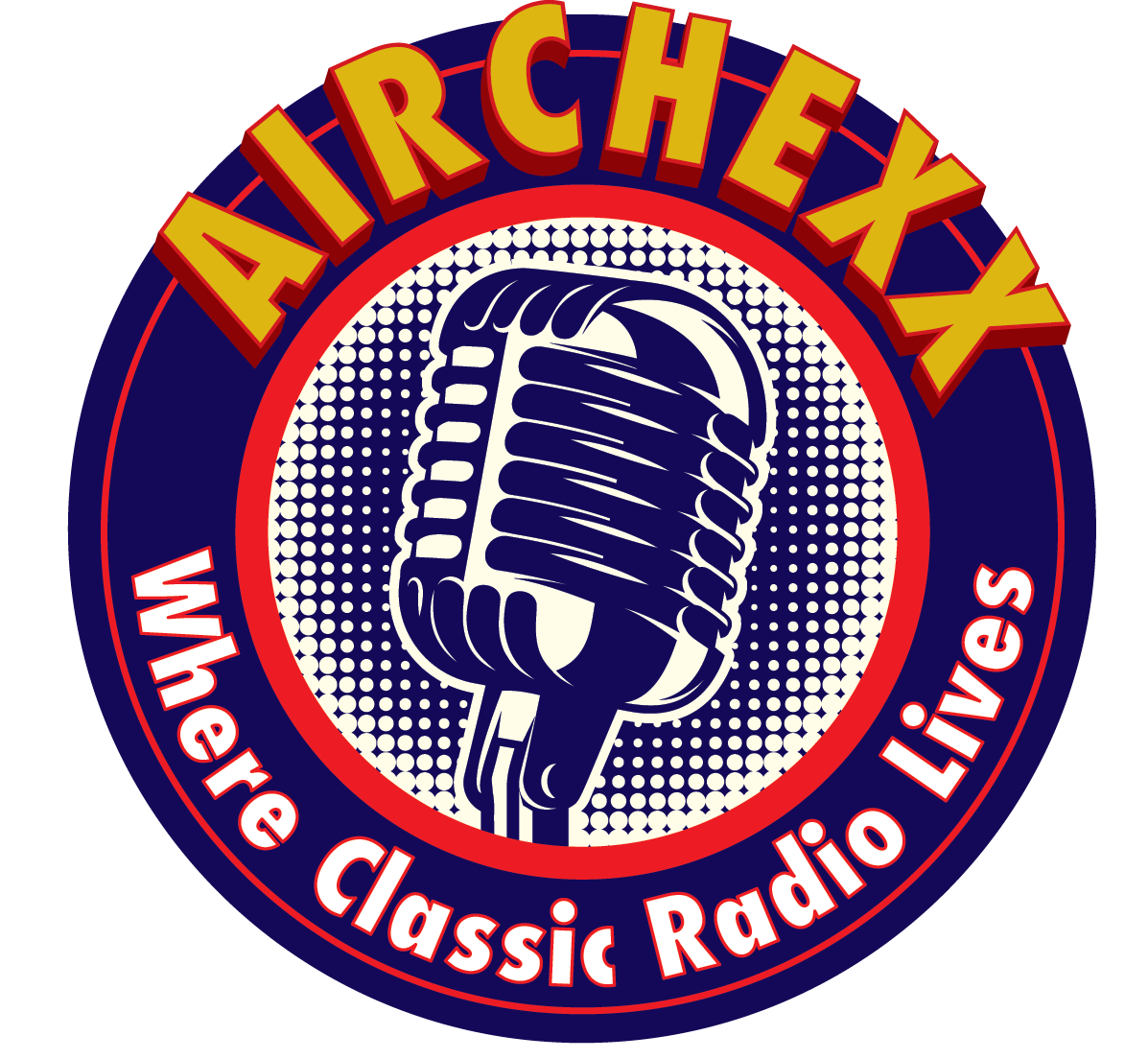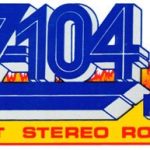Thanks to Steve McVie out on Cape Cod, one of my all-time favorite stations. Mike Josephs “Hot Hits” ™ formatted CHR WTIC-FM. There are a number of “Hot Hits” stations profiled here and at other web sites, but none quite capture the engergy and creativity of TIC-FM.
Prior to flipping to Top 40 in 1977, WTIC-FM was a Classical station – the FM sister station to one of America’s original 50kw AM stations WTIC 1080. When it flipped, TIC-FM was an immediate ratings winner.
Lee Roberts was heard on WAVZ and WKCI New Haven prior to moving to WTIC-FM.





I listened to Lee Roberts when he was at 13 wavz in the late 1970’s. As reliable sources have it Lee was an auto mechanic prior to getting into radio.
I think the line up at wavz at the time was:
Judge Harrigan
Pete Stone (Salant)
jay ?
Lee Roberts
Willie B. Goode
Peter Bush
Leese (overnights)
I think Lee replaced Big Johnny Walker
And I think Peter Bush replaced Lee Roberts when Lee went to 96 TIC FM.
That was a fascinating (yawn) report on the lineup.
“…But none quite capture the energy and creativity of WTIC-FM.”
It is an outstanding reflection the time-period: All the music of the 1970s – from disco to rock, country to pop – possessed orchestration of the world’s largest city philharmonic orchestras, and this the energy permeated the formatics and personalities, demanding the best. The jingles themselves were full of swirling strings and whirling brass, with wonderful harmonies: a mirror on the music of the 1970s.
Just a short listen to the WCAU-FM and WBBM-FM airchecks of the 1980s illustrates loud and clear that this energy was dead. The jingles – with their orchestration and sparkle – were blatantly out of place amid the dead environment of non-orchestrated, non-harmonious pop “music.”
well, Doc, I don’t look at it ‘quite’ as dramatically. The 80s was a decade, musically, of transitions. 1980-81 saw much of pop/rock music by the same bands and a few new ones that were around in the 70s. Musically speaking, things didn’t really start till 1983. Even then, there was a lot of good music in the mix.
I think, for me, two things happened. First, Radio got so spooked at the backlash from the disco era that they did anything to distance themselves from it. thus came along all the AC formats that emerged in 1980. Christopher Cross and Air Supply were the main beneficiaries of this format. Then, many rock stations saw ‘plastic rock bands emerging. By the end of 1982 there was a lot of New Wave product getting air play. So, the AOR format got split into two camps – those that played the punk and New Wave became Active or mainstream rockers, and those who decided to ignore it became Classic Rockers. For both of these formats the rule was simple: No jingles, no disco music (or anything that sounded ‘black’, for that matter), and play the hardest cuts from rocks best ‘progressive’ years, 1968-1979/80.
Top 40 chugged along for a while before half of the CHR players jumped ship and embraced the new hip hop & r&b. They became Urban stations. and through it all, by the end of the 80s its true – many stations were a train wreck of sounds – melodic jingles with dis-harmonious music. now what we have is
.. noise. all noise all the time, pre-programmed, pre-packaged sing-along junk playing into the heads of youngsters who watch “The Voice” and “American Idol”.
so now, I’ve agreed to a large degree with your comment now, eh Doc?
I do appreciate your having put the energy into the analysis, Mr. West, and it does appear that you have come around to agreeing with my comment.
What had occurred back then was, indeed, dramatic because it was traumatic.
As just a kid during that time-period, I could hear and feel what was happening. The station that was an immediate success, having taken ownership of the airwaves of all of Southern New England, was by 1980 obliterating its proven format, with every other major station in the area going hard-rock, even Disco 95? The scourge incurred wide-scale devastation: I remember in 1980 scouring the radio dial, to find nothing even remotely resembling what was commonplace just weeks earlier, not even a jazz song. Gone were the days when on one station one could hear The Jacksons, Barbra Streisand, The Eagles, Natalie Cole, Dolly Parton, The Osmonds. More profound, however, is that this loss of variety marked the end of adult music, and teens and 20-somethings aspiring to be adults.
And only coincidence it is that, at the same time, all the major record companies – from CBS to Warner Bros., Capitol to Atlantic – were dissolving their “black music” departments, as the smaller record companies specializing in black music were disappearing altogether, and the new music-video cable channel MTV was coming into being with the credo “No ‘black music'”? Oh – But that was the 1970s definition of “black music” – ornately composed melodies orchestrated by large symphony orchestras many of whose members originating from the big-band era, whose performers wore tuxedos, silk gowns, and designers jeans (confer Michael Jackson’s 1979 “Off the Wall” album), which was now eroding into the 1980s definition of “black music” – the product of street-trash with neither musical talent nor vocabulary defiantly grabbing their crotches and thrusting them into the camera (confer Michael Jackson’s 1980s videos, complete with preschool-girl leatherette jumpsuit). Even their videos bore a dark, evil-like mood with movements resembling bacteria oozing up from the sewers.
The point is that there exists a sociological phenomenon that dictates that the reaction to an action will always result in unforeseeable collateral reactions, or damage. We will never, as a society, recuperate from that original action.
It’s over 35 years since this was heard live on 96-tics and it sounds just as great as ever.
One of the things Mike Joseph got right was that in order for a station to be successful, the jocks have to make the audience feel they’re part of the community.
You can accomplish this by doing a lot of remotes, live a ppearances and if nothing else, mention places where the listeners hang out along with their names.
Mike Joseph’s Hot Hits concept was tight, high energy and fun to listen to.
The jingles were great too.
While there styles of programming differed, Rick Sklar, Ruth Meyer and Mike Joseph realized that while everyone pretty much played the same music, it’s what’s between the songs that matters.
Today’s radio doesn’t get it and neither do the people making decisions about what they feel makes good programming.
Now more than ever, you’ve got to go out and do a lot of promotion and be live, local and sound bigger than life 24 hours a day.
This is important because there are so many alternative places to hear your favorite songs but when done right, radio can stand out again. Not necessarily with 30 shares but at least the potential audience a station is after would notice and begin to talk about it.
Thanks for a fantastic aircheck of 96-tics.
d